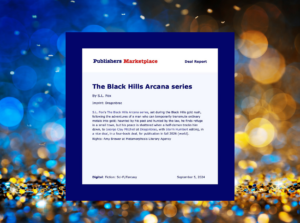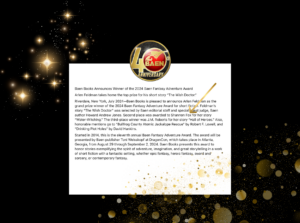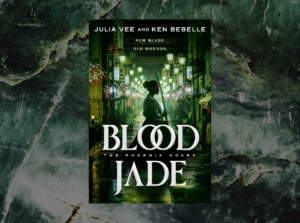Cloud Atlas by David Mitchell
A reluctant voyager crossing the Pacific in 1850; a disinherited composer blagging a precarious livelihood in between-the-wars Belgium; a high-minded journalist in Governor Reagan’s California; a vanity publisher fleeing his gangland creditors; a genetically modified “dinery server” on death-row; and Zachry, a young Pacific Islander witnessing the nightfall of science and civilization—the narrators of Cloud Atlas hear each other’s echoes down the corridor of history, and their destinies are changed in ways great and small.
In his captivating third novel, David Mitchell erases the boundaries of language, genre and time to offer a meditation on humanity’s dangerous will to power, and where it may lead us.
There’s a lot that’s been said about this novel. In a way, it’s a hard novel to discuss.
Excerpt from the composer’s section:
Spent the fortnight gone in the music room, reworking my year’s fragments into a “sextet for overlapping soloists”: piano, clarinet, cello, oboe, and violin, each in its own language of key, scale, and color. In the first set, each solo is interrupted by its successor: in the second, each interruption is recontinued, in order. Revolutionary or gimmicky?
I think people’s opinions about the novel (and film) can be neatly summed up by the last line. Is it revolutionary or gimmicky?
On the one hand, it’s exquisite. Six genres, six stories, six characters, six worlds, and the interlocking ties that pull them together. On the other, some of the genres verge on stereotypical. One section in particular sticks out to me as such, yet I loved that section the best. So who can say?
Definitely, the structure of the work is in part responsible for its notoriety. Gimmick or revolution, it certainly attracted attention. To paraphrase my friend, who was listening to it on audiobook around the same time I was reading, “It’s an interesting and good novel, but an excellent collection of short stories”.
My favorite sections were the journalist’s and the dinery worker’s. They also constitute the only two female characters in the novel. I don’t think I aligned with their stories just because of their gender. I think they are sort of representative of the types of books that catch my attention: thrillers and sci-fi, though not usually extremely far-future.

Whatever you think about Cloud Atlas, it certainly showcases Mitchell’s skill as a writer. The world-building, the language, the control, just wow.
I always try and read the book first, before seeing a film. Seeing this film is definitely next on my list! If you’ve seen both, what did you think? After reading this book, I’m frankly surprised they even tried to make a film out of it.



